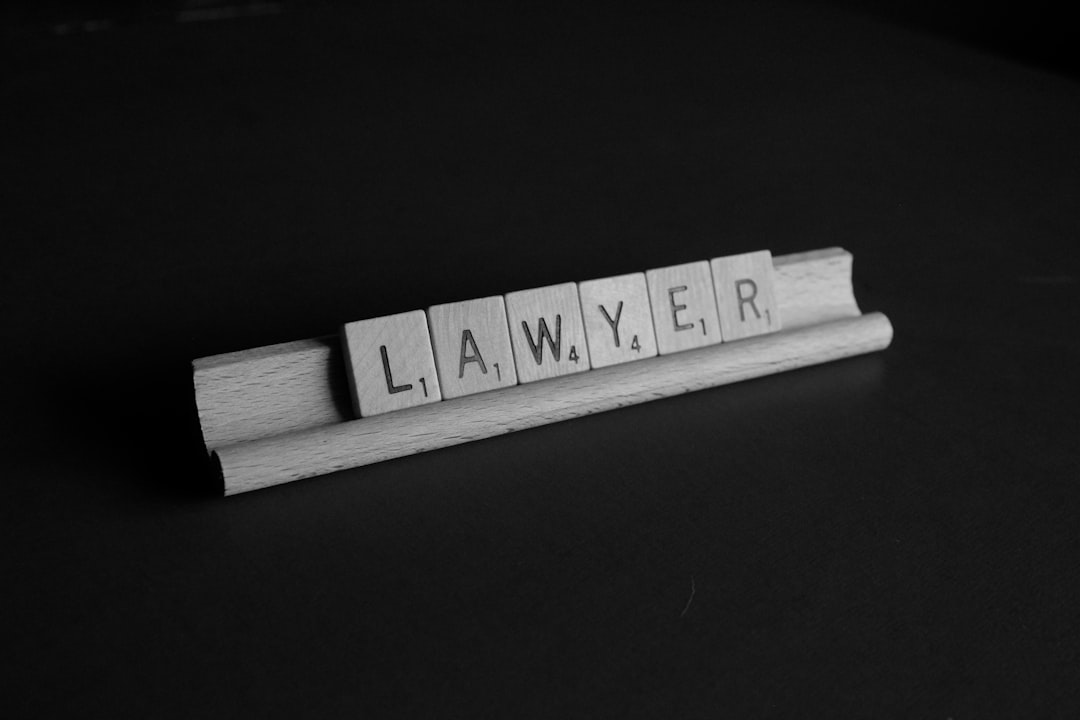Massage abuse cases in Indiana are increasing, often involving sexual harm during therapy. Victims can seek justice with the help of specialized massage abuse lawyers or attorneys. Restorative justice offers a healing approach, focusing on reconciliation and accountability. Reputable massage abuse law firms in Indiana advocate for these principles, providing support and legal guidance to survivors while challenging offenders to take responsibility. However, implementing restorative practices within legal systems presents challenges, requiring careful case management by experienced professionals.
In Indiana, cases of massage abuse and sexual assault within the wellness industry have garnered significant attention, prompting a need for innovative solutions. This article explores how Restorative Justice (RJ) approaches can be applied to address these sensitive cases. We delve into the unique challenges faced by victims and the potential benefits of RJ principles, offering an alternative path to healing and justice for those affected by massage abuse.
With keywords like massage abuse lawyer Indiana, massage abuse attorney, and massage sexual assault lawyers in mind, we navigate the complexities and present a compelling case for a restorative approach.
Understanding Massage Abuse Cases in Indiana

Massage abuse cases in Indiana have gained significant attention due to the rising number of reports and the severe impact on victims. These cases often involve sexual assault or harassment during what was intended to be a relaxing and therapeutic massage session. Indiana, like many states, has specific laws addressing massage abuse, which can range from inappropriate physical contact to non-consensual acts. Victims of such abuses may seek justice through legal channels, making the role of a massage abuse lawyer in Indiana critical.
When navigating these complex cases, it’s essential to understand that victims may face various challenges, including emotional trauma and hesitations about reporting the crime. Restorative justice approaches can offer a promising path forward. By emphasizing reconciliation, healing, and accountability, these methods aim to create a more supportive environment for victims while holding perpetrators responsible for their actions. A massage abuse attorney or law firm in Indiana specializing in such cases can guide victims through this process, ensuring their rights are protected and they receive the support needed to heal and move forward.
The Principles of Restorative Justice and Their Application

Restorative justice is a transformative approach that emphasizes healing and reconciliation for victims and offenders. Its core principles involve truth-telling, acknowledgment of harm, accountability, and restitution. When applied to massage abuse cases in Indiana, these principles can bring about significant positive changes.
For instance, a massage abuse lawyer or attorney in Indiana advocating for restorative justice would aim to create a safe space for the victim to share their story and express the impact of the assault. This process helps in achieving truth and offers a sense of validation to the survivor. Subsequently, the offender could be encouraged to take responsibility for their actions, which may lead to a deeper understanding of the harm caused. Restorative justice approaches also promote restorative practices such as community service or mediation, ensuring that the focus remains on healing and reintegration rather than punitive measures. This holistic method can benefit both parties involved in massage abuse cases, fostering a more just and compassionate legal process for all, as supported by reputable massage abuse law firms in Indiana.
Benefits and Challenges of Using Restorative Justice Approaches

Restorative Justice Approaches offer a promising path forward for addressing massage abuse cases in Indiana. One of the key benefits is their focus on healing and reconciliation, empowering survivors to share their experiences and connect with those who caused them harm. This process can lead to a deeper sense of justice and control over the narrative, which is often lacking for victims of sexual assault. Restorative practices also encourage accountability and personal growth for the offenders, aiming to reintegrate them into society as responsible individuals.
However, implementing these approaches in legal settings presents challenges. Massage abuse lawyers and attorneys in Indiana must navigate complex ethical dilemmas and ensure that all parties involved, including survivors, offenders, and community members, are adequately supported. Finding qualified facilitators skilled in restorative practices can be a hurdle, especially in rural or underserved areas. Furthermore, balancing the needs of survivors with the potential for reconciliation is delicate, requiring careful case management and consideration from massage abuse law firms and their legal teams.





